Cover Story | From Knowledge to Care: Elevating Clinical Practice Through Education
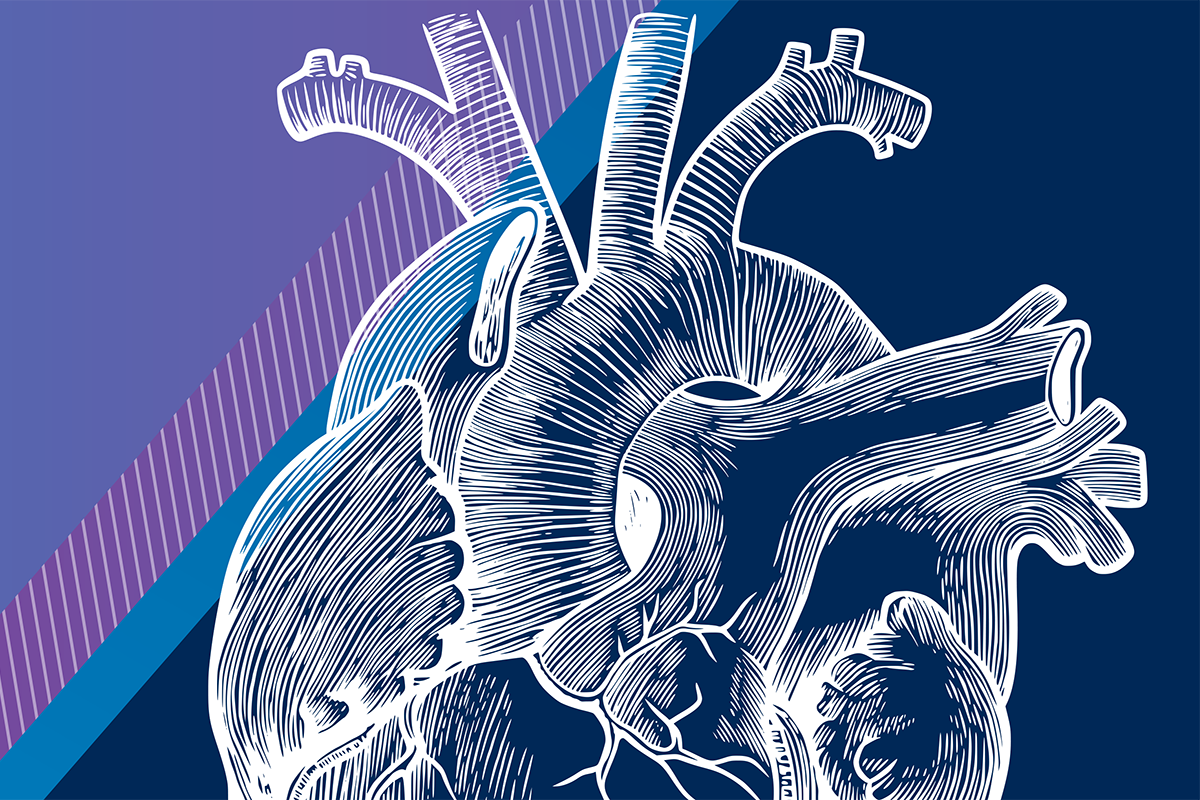
Over the past decade, cardiovascular medicine has undergone a seismic shift – fueled by breakthrough science, technological innovation and an urgent need to respond to global health challenges. As the burden of cardiovascular disease continues to rise, so too does the demand for agile, high-impact education that can equip clinicians with the tools they need to deliver cutting-edge, evidence-based and patient-centered care. At the heart of this evolution is a strategic reimagining of how cardiovascular education is developed, delivered and sustained.
The ACC, with a 75-year history as the professional home for cardiovascular clinicians around the world, is at the forefront of this transformation, working to innovate and adapt to meet the changing and expanding educational needs of the entire cardiovascular community.
In this cover story, we explore the past, present and future of cardiovascular education – drawing on insights from key ACC leaders to examine where the field has been, where it is now and where it is headed next.

Ten years ago, printed materials and didactic lectures dominated the learning landscape. While these methods provided structure, they often lacked flexibility, scalability and accessibility – particularly for learners outside major academic centers or in lower-resourced settings.
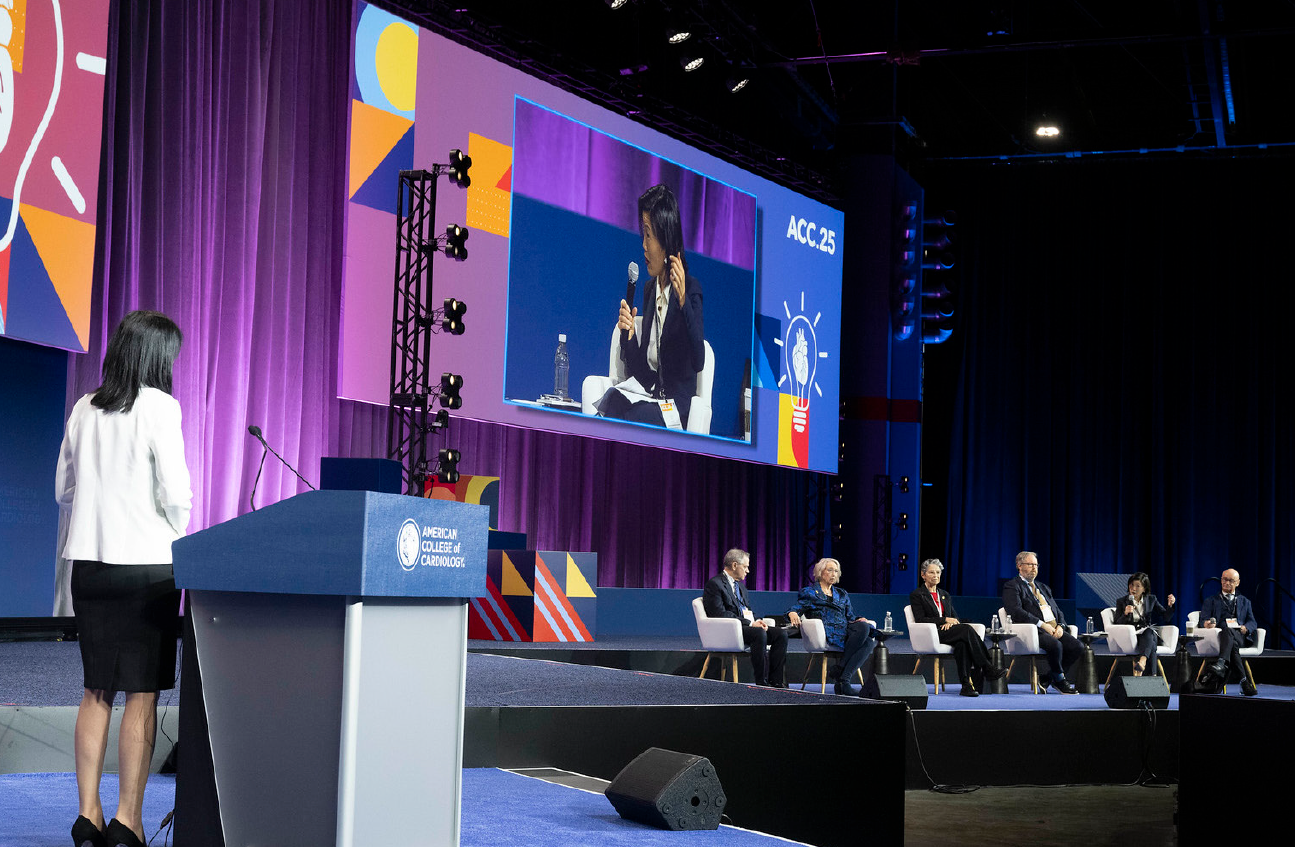
According to , chair of ACC's Lifelong Learning Oversight Committee (LLOC), one of the most significant shifts has been the transition from static, one-size-fits-all education to more dynamic, learner-centered approaches.
"The didactic lectures with panel discussion still exist, but now there are countless ways we engage our learners," he says. "We've moved from a model of information delivery to one of engagement and adaptability."
Online learning, hybrid conferences and point-of-care tools have become standard, largely in part because of the COVID pandemic, which accelerated the adoption of virtual learning and forced educators and professional societies like the ACC to rethink how knowledge is delivered. "What we thought would take five years happened in five months," says ACC Executive Vice President , highlighting the rapid deployment of digital platforms and on-demand modules.
According to , chair of ACC's Annual Scientific Session and past chair of the LLOC, the COVID pandemic was probably the most difficult challenge to education in the past decade. "It required us to transition to virtual formats almost overnight," she says. "Now the ongoing challenge is how to best align virtual and hybrid formats with adult learning principles such that our educational outcomes are optimized for our patients."
Another key development has been the shift toward competency-based, continuous learning. Rather than focusing solely on time spent in a classroom, programs increasingly emphasize measurable outcomes and what the learner can actually do in clinical practice. Simulation labs, virtual case studies, and peer-to-peer learning formats have all helped to reinforce clinical decision-making and critical thinking.
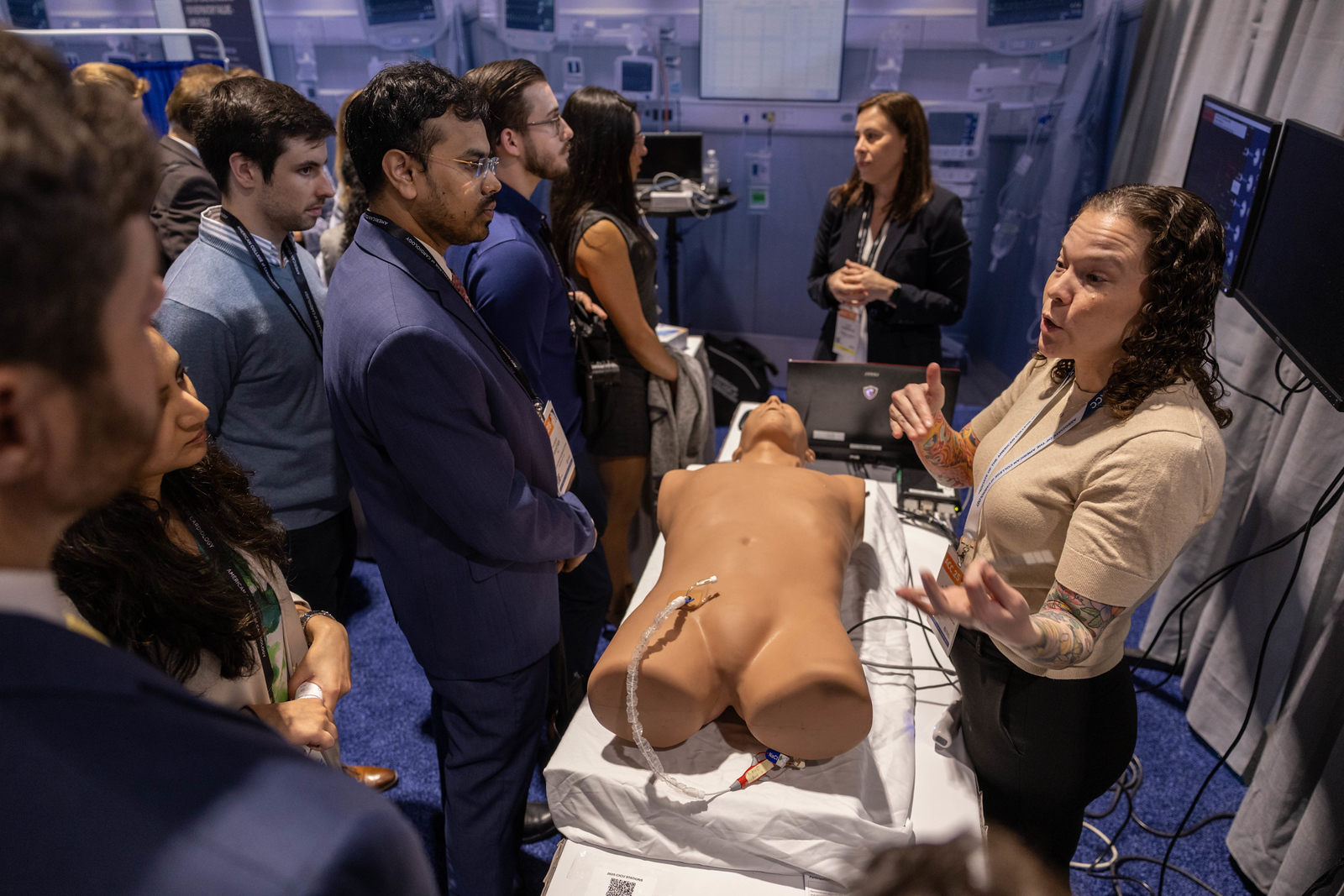
"The way we receive education has evolved," says Kates. "Sitting in a classroom or reviewing journal articles in a magazine just doesn't do it anymore – even podcasts are becoming a bit passe. People are looking for small, digestible pieces of information delivered when, where and how they need it."
Perhaps just as impactful has been the growing expansion of education to encompass the learning needs of the entire cardiovascular care team. Cardiovascular care doesn't happen in silos and our programs have had to reflect the real-world team dynamics that drive patient outcomes," says Sibley. "Nurses, pharmacists, PAs and others are now integrated into many educational pathways, enriching the learning process and improving patient-centered care. Not to mention, our partner cardiovascular societies in the U.S. and globally are also integral to our education efforts."
Today, cardiovascular professionals face an increasingly complex practice environment – and with it, a growing demand for trusted, high-quality educational resources tailored to their specific roles and career stages. Whether early in training, part of a multidisciplinary team or navigating mid- or late-career transitions, clinicians need personalized content that supports lifelong learning and clinical excellence.
This in part means placing increasing emphasis on multidisciplinary care, competency-based learning and patient-centered models – something that Kates says the LLOC is addressing on several fronts. One such example is the Advancing Innovations in Resident Education (AIRE) pilot, a collaboration between ACC and the Heart Rhythm Society. The hope, says Kates, is that the program's 2:2 structure will allow fellows to build competencies in both cardiovascular disease and electrophysiology over four years, potentially offering a replicable model for other specialty training programs.
Likewise, the Collaborative Maintenance Pathway (CMP) is redefining how clinicians approach board certification. Delivered through ACC's Self-Assessment Programs (SAPs), the CMP enables physicians to stay 100% certified by focusing on just 20% of the field annually over five years – a flexible and focused approach to lifelong learning.
The need to provide guidance and recommendations on additional competencies – clinical and nonclinical – that reflect the needs of today's clinicians is another important factor to consider, says Kates. For example, the Cardiovascular Clinical Knowledge Exam (CCKE) offers NPs, PAs and international physicians an opportunity to showcase their clinical expertise. New this year, those who pass the exam not only receive a formal CCK designation but also gain eligibility for AACC or FACC membership, affirming their commitment to excellence in care.
As cardiovascular disease remains a global challenge, addressing disparities in access to education is essential. The recently revamped ACC Anywhere video library offers members worldwide on-demand access to key sessions from major meetings like ACC.25, the Valentin Fuster Cardiovascular Symposium and the Care of the Athletic Heart course taking place this month. The NCD Academy – a free, online platform delivering foundational training in noncommunicable disease prevention and management for clinicians and community health workers across the globe is another educational solution for reaching clinicians where they live and work.
The ACC's live education programs in Asia, the Middle East and Latin America, which are often delivered in collaboration with regional cardiovascular societies, offer localized, in-depth learning in areas including prevention, imaging, heart failure, and interventional cardiology – while also fostering leadership training, mentoring and global collaboration, providing the opportunity for our U.S. and global members to share the stage and learn from each other.
The rise of artificial intelligence (AI) and new technologies adds another layer of opportunity – and urgency. "Desperation is the mother of adoption," noted ACC Chief Innovation Officer , during a recent plenary on AI at ACC Asia. According to Bhatt, there's a dual imperative: educating clinicians on effective AI use in practice and harnessing its power to enhance educational delivery itself.
AI-assisted simulation, too, remains a key tool, particularly for rare procedures, high-stakes scenarios and novice learners, says Berlacher. She notes that while AI is primarily being used in curriculum and content development to date, the opportunity to use it for assessment and real-time coaching is not too far off.
The foundation of ACC's educational strategy is grounded in the College's overarching Strategic Plan –specifically the pillar of promoting actionable knowledge. "From early-stage content planning through delivery and evaluation, every educational offering is designed to empower clinicians with immediately applicable knowledge and skills that enhance patient care," says Sibley.
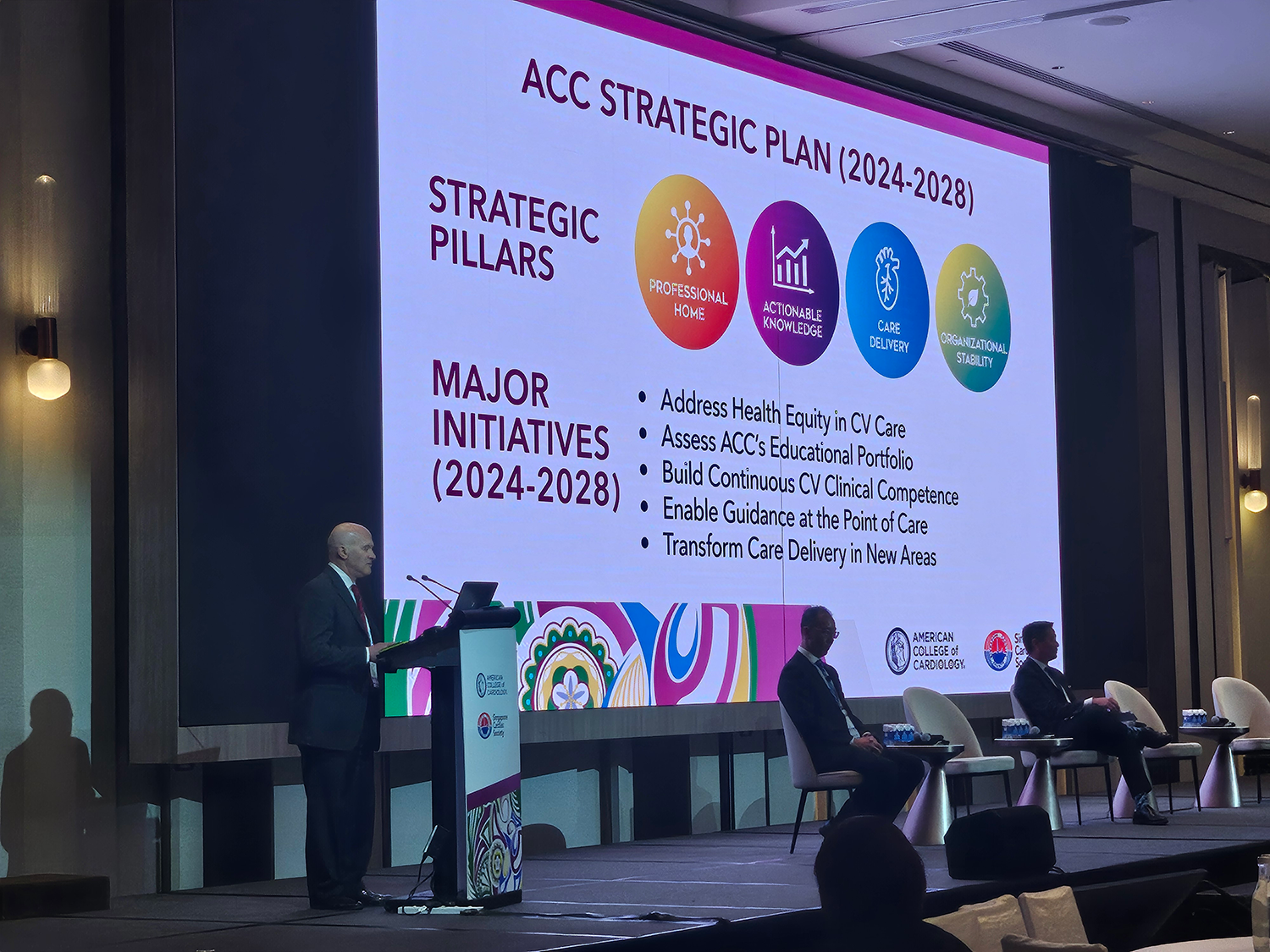
ACC's instructional development process is methodically structured to match clinician learning needs with instructional strategies and defined learning outcomes. This ensures that programs aren't just informative – they're purpose-built to support clinical decision-making, leadership development and professional growth across all career stages.
"Our goal is to ensure that every learning experience is both practical and impactful," says ACC Vice President for Education . "That starts with aligning what we teach to the realities of everyday cardiovascular practice."
Program prioritization is anything but arbitrary. The Education Standards and Outcomes Committee plays a key role in shaping the educational portfolio by establishing specific outcome metrics during program design and rigorously evaluating them post implementation. Based on performance data and learner feedback, the Committee makes strategic recommendations to the LLOC for future enhancements, expansions or retirements. Learner engagement data, practical application reports and emerging clinical trends all feed into this continuous improvement process.
Equally important to ACC's educational success is collaboration, say both Sibley and Donnellan. Through deliberate and strategic engagement with stakeholders across the ecosystem, including academia, industry and public policy, the College ensures its content remains relevant and forward-looking. ACC's education team partners closely with our members and colleagues in business development, membership and advocacy to align learning objectives with broader health system needs and professional standards.
This multi-stakeholder approach is perhaps most visible at the College's flagship Annual Scientific Session, where academic leaders, industry innovators, policymakers and clinicians converge to share insights, foster innovation and help shape the future of cardiovascular care.
By maintaining a clear strategic focus and leveraging robust data and partnerships, ACC is not only advancing the science of cardiovascular medicine – but also reimagining how it's taught and applied in practice.
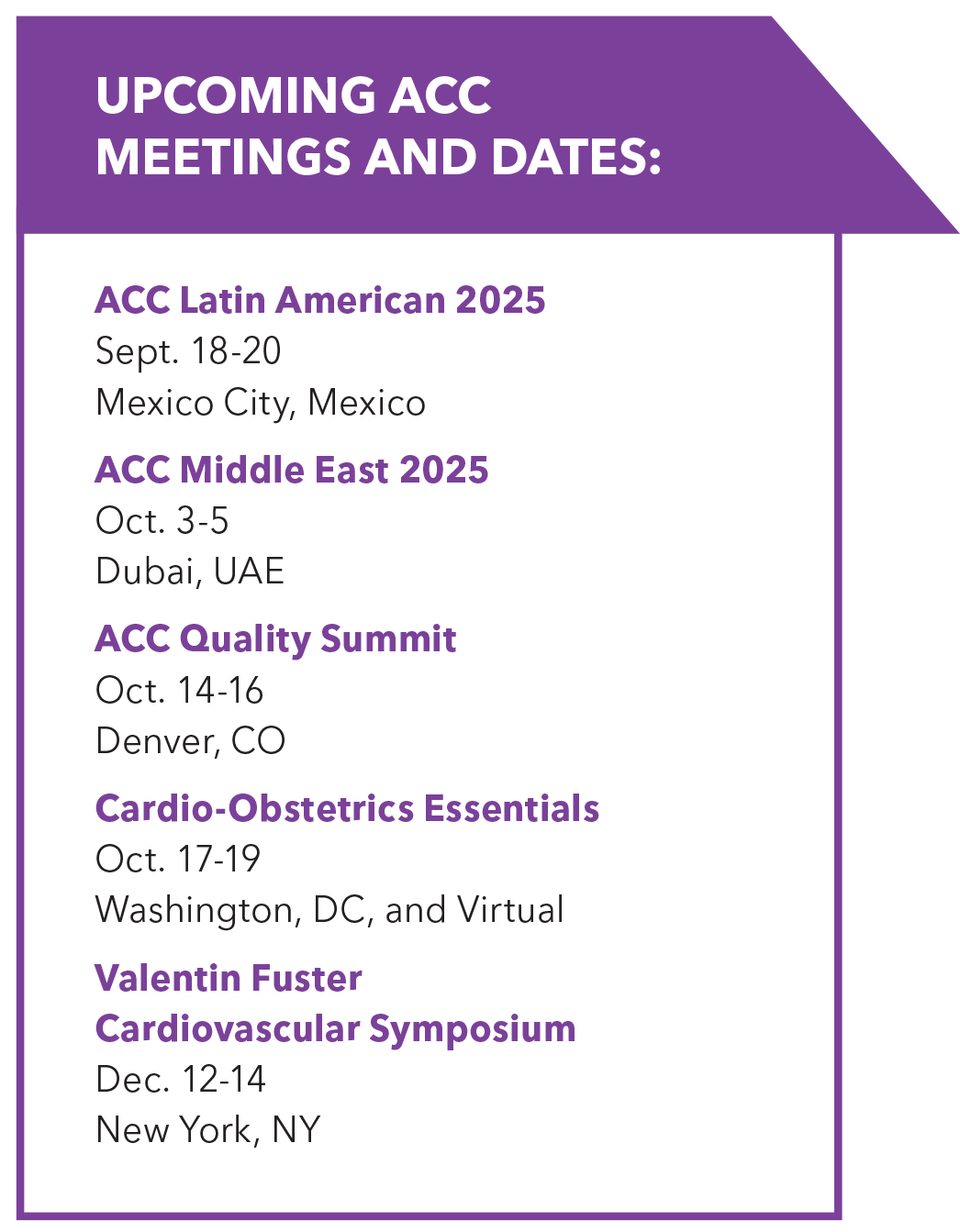
If the last decade was about digitizing and democratizing access to learning, the next may be defined by personalization, prediction and precision.
"As clinical practice becomes more complex, education must become more intelligent," Donnellan explains. Leveraging advances in analytics and AI, adaptive learning platforms are already being envisioned that can assess a learner's current knowledge, identify gaps and deliver personalized content accordingly.
Clinicians may soon be able to query a system, receive immediate and relevant information, and be assessed in real time – receiving targeted education based on what they don't know, rather than revisiting what they already do.
This approach could fundamentally reshape the concept of maintaining certification. "We hope the traditional idea of maintenance of certification will eventually sunset," says Kates. "Learning needs to be better than that – smarter, more efficient and centered on closing meaningful gaps, not checking boxes."
On another frontier, the structure and length of cardiovascular training itself is being reconsidered. The current three-year internal medicine requirement prior to cardiology fellowship may no longer reflect how most cardiologists ultimately practice.
"I can envision a future where the model resembles other specialties – perhaps a one-year internship in internal medicine followed by focused cardiovascular training," says Kates. "Think of fellows as cardiovascular residents. The goal is to optimize both the time spent in training and the relevance of that training to a cardiologist's actual scope of practice."
Cardiology asked Berlacher and Kates if they could redesign education from the ground up today, what would you change first?
"One of the challenges over the past few years as we've started to use evidence to guide our education is that we did not originally build infrastructure in our educational systems that easily allow us to collect and analyze data," says Berlacher. "If building it today, I'd create that infrastructure upfront so that we are nimbler as we look to measure educational outcomes and map them to patient care."
"For our trainees I would want to decrease the length of training as we progress with competency-based learning," says Kates. "For continuous education and learning, I would ensure there is ready accessibility to knowledge – such that practitioners can get the information they need when they need it."
Beyond structure and content, the tools used for education are also undergoing rapid transformation. Immersive technologies such as virtual and augmented reality are being piloted for complex procedure rehearsals, anatomy reviews and team-based simulations – offering trainees a safe, repeatable and realistic environment in which to build competence and confidence.
Meanwhile, the demands of clinical practice are fueling a shift toward microlearning and just-in-time education. As time becomes an increasingly limited resource, clinicians are looking for brief, high-impact learning experiences that fit into the flow of care. Mobile apps that deliver two-minute refreshers or AI-driven tools that summarize the latest guidelines at the point of need may soon be indispensable parts of the modern clinical toolkit.
Perhaps most transformative of all is the role that education can – and must – play in advancing health equity. "Building inclusive curricula that address the social determinants of health, implicit bias and access challenges will be crucial to preparing clinicians to care for increasingly diverse populations," says Sibley.
While the exact path forward remains uncertain, one thing is clear: the era of passive learning is over. Cardiovascular education is moving toward a future that is personalized, proactive and powerfully aligned with the realities of modern medicine.
"The ACC has been known for its educational expertise and products for decades," says Berlacher. "I know our leaders will continue to embrace change so that our educational evolution remains grounded in learning science by leveraging data, inviting creativity and leaning into human interaction. I know our members want this – and our patients need it."
Click here for ACC's complete 2025 Education Catalog or visit ACC.org/Education to learn more about the College's full suite of programs and products.
For many advanced practice providers (APPs) in cardiovascular medicine, the Cardiovascular Clinical Knowledge Exam (CCKE) is emerging as a new benchmark of excellence – offering personal pride, professional advancement and institutional recognition.
, of UAB Hospital in Birmingham, AL, saw the exam as a way to validate her years of experience. "It was a motivator," she says. "It's a really good signal to others that you've put in extra work to give your best to patient care." For Findley, passing the CCKE led to a historic milestone: she became the first nonphysician FACC in Alabama. She also discovered the breadth of resources in ACCSAP, calling it "a marvel" and a game-changer for both test prep and ongoing learning.
At the institutional level, leaders see even broader benefits. , director of the UAB Cardiovascular Institute, believes the CCKE empowers APPs to operate confidently at the top of their license and sends a strong message to patients. "It's a seal of approval," she says. "This is a great opportunity to build confidence in the public and within the team."
, past ACC president and CV service line chair at Ascension Health, adds that the CCKE can also support hiring and training. "It may help in the selection of CV team members who will take less time to orient and train," he explains, noting that it's currently the only standardized cardiovascular knowledge assessment available to APPs.
Ultimately, the CCKE reflects a shift toward team-based excellence in cardiovascular care. As Lohr notes, "Health care has become a team sport," and the CCKE offers a tangible way to recognize and elevate the vital contributions of APPs on the front lines. Learn more at ACC.org/CCKE.
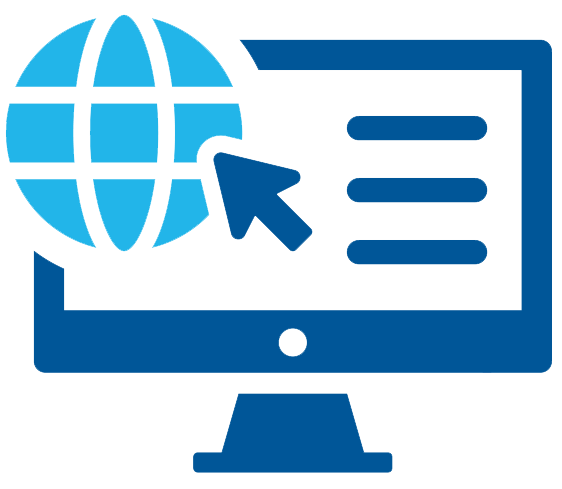
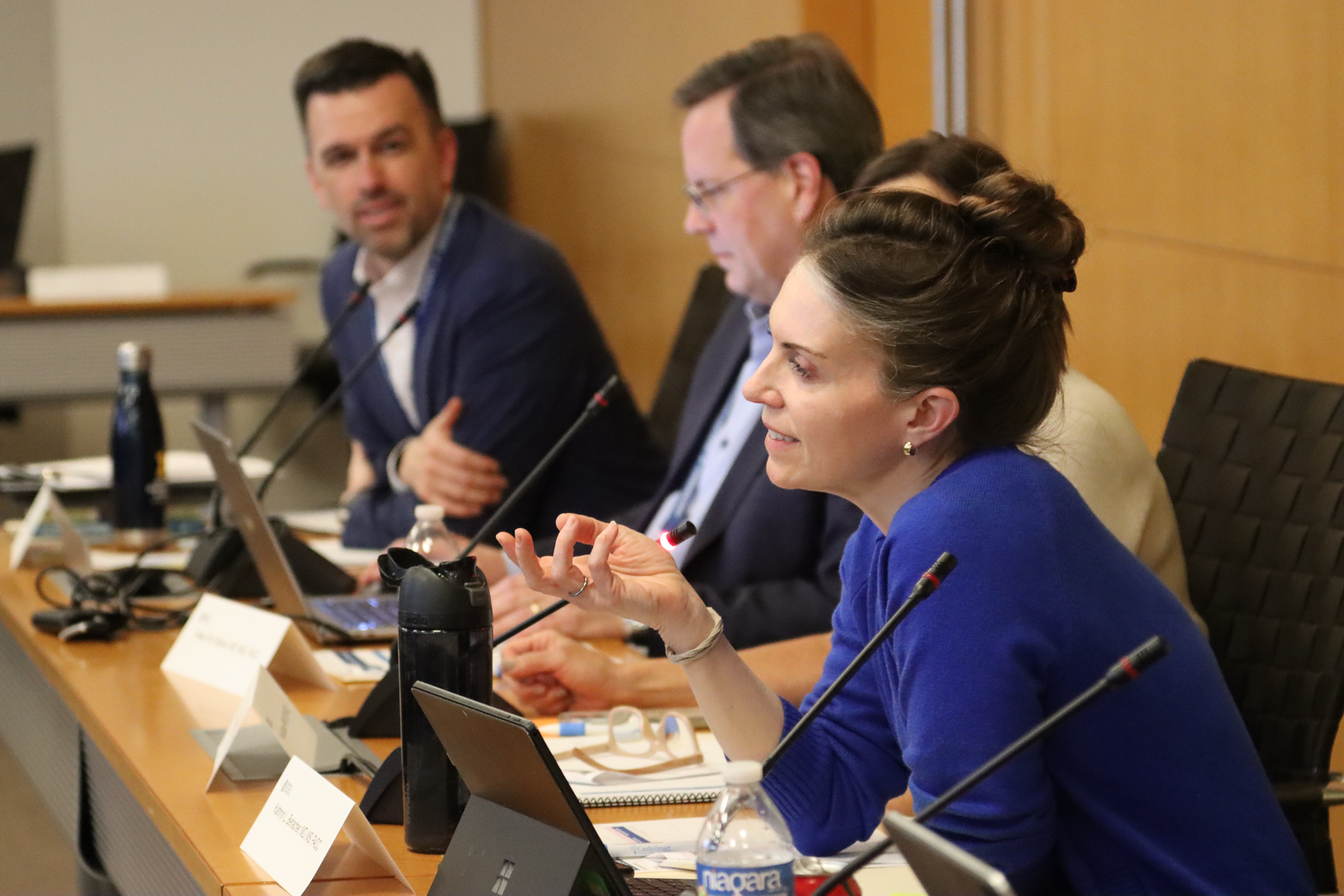
Supporting the next generation of emerging faculty leaders is vital to the continued success of the ACC's Mission. As the landscape of cardiovascular education and patient care evolves, new and emerging clinician educators must be equipped with the knowledge, skills and support needed to guide the ACC's education programs and products into the future.
Providing structured education and training for these faculty ensures the College's works remains relevant, impactful and aligned with the needs of learners across the spectrum of care. Investing in leadership development not only strengthens our community today – it builds the foundation for tomorrow's innovation, excellence and equity in cardiovascular care. You can play a crucial role in sustaining and expanding these leadership opportunities. to give back and help empower the future leaders who will continue advancing the College's mission and improving patient outcomes worldwide.
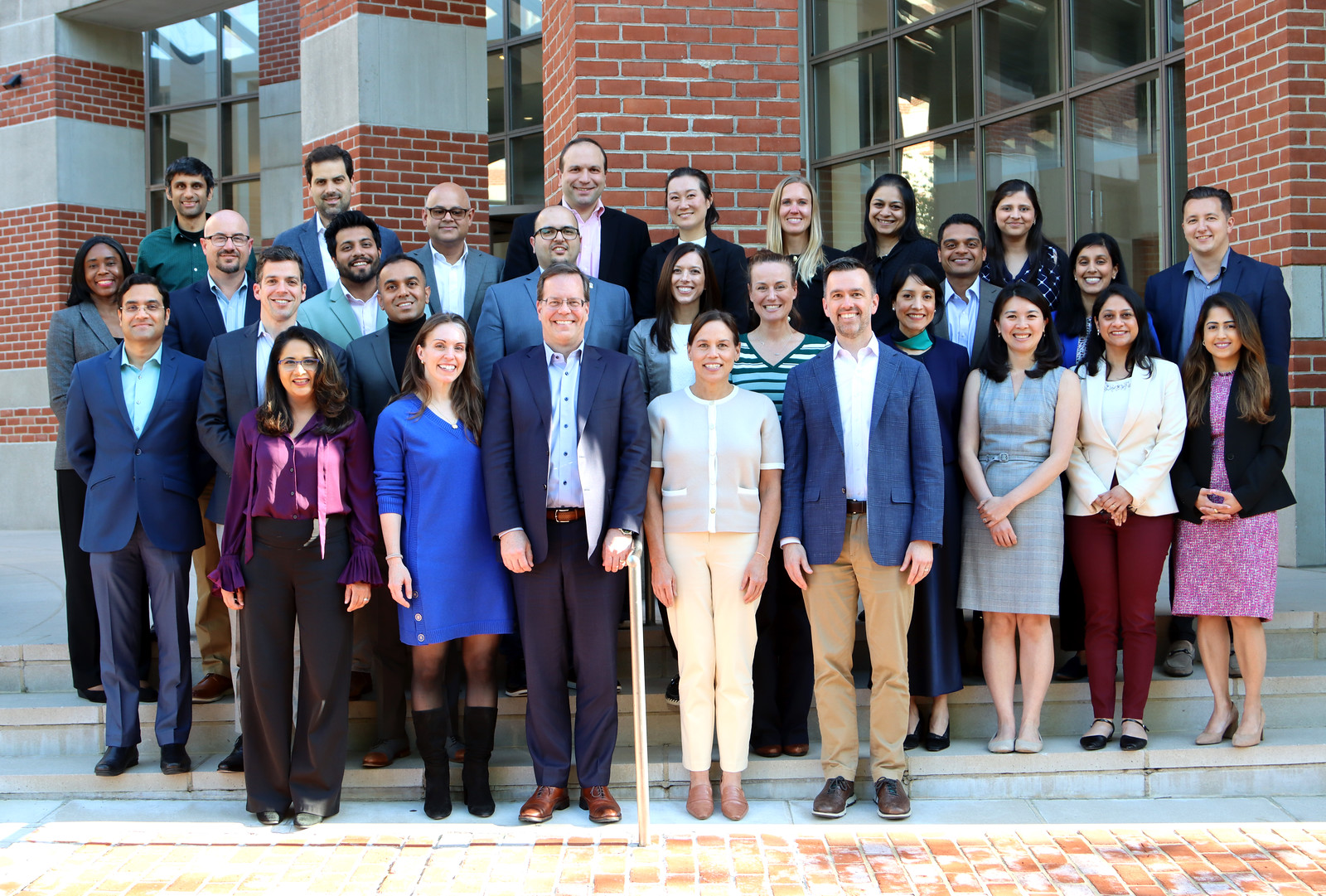
Keywords: Cardiology Magazine, ACC Publications, Education, Continuing
You may also like...
POLITICS:SHOULD POLITICIANS EARN THE MINIMUM WAGE?

What if your president earned the same as a teacher? This bold essay explores the growing divide between political elite...
Erased or Ignored? The Forgotten Female Heroes of African History”
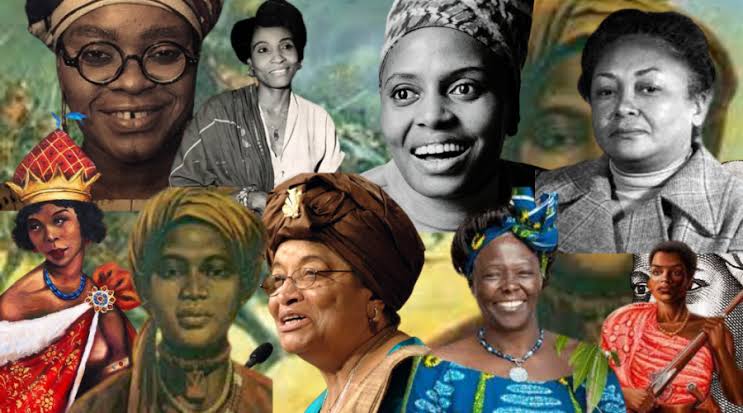
Discover the untold stories of Africa’s forgotten female heroes—from warrior queens and resistance leaders to spiritual ...
Africa's Growth Paradox: Why Booming Economies Aren't Delivering Jobs for Its Youth Majority

Africa's GDP is rising, but youth unemployment persists. Uncover the disconnect between economic growth and job creation...
Emotional Blackmail in African Homes: Love, Guilt, and Obedience

Explore how emotional blackmail shapes relationships in African homes—where love is often tangled with guilt, obedience,...
SOCIAL INSIGHT: IS MARRIAGE STILL RELEVANT IN THE 21ST CENTURY?

Once seen as the ultimate milestone of adulthood, marriage is now being questioned, redefined, and reimagined. This essa...
Urban African Youth and the Rebirth of Cultural Identity

Urban African youth are redefining cultural identity through music, fashion, technology, and activism. From Kenya to Sou...
What Happens to African Girls Who Say No?
(3).jpeg)
Explore the struggles and resilience of African girls who dare to say no to forced marriage, gender-based violence, and ...
The African Dream Is Still to Leave Africa

For many young Africans, the dream isn’t to build Africa — it’s to leave it. This piece explores why the African Dream o...





